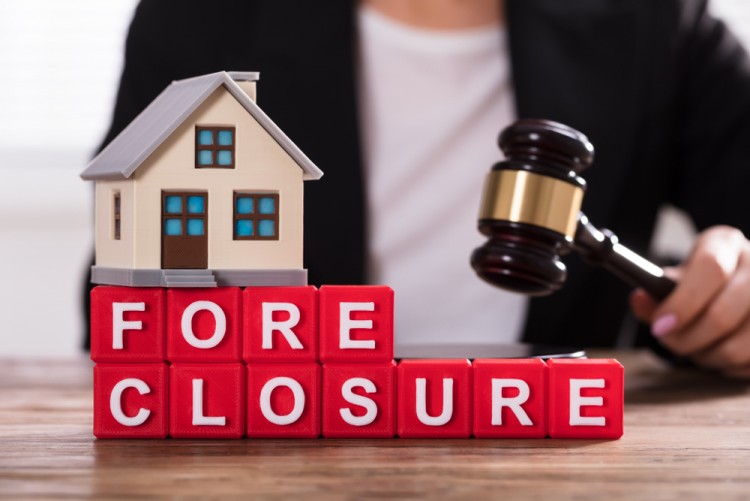
In the past few years, the words “short sale” and “foreclosures” have been going around often and have become more common. Because of the real estate bubble and financial crisis, many real estate properties have been going on sale or are being foreclosed. While short selling can be long and frustrating, it’s still better than having your property foreclosed. That said, here are some things you ought to know about home foreclosures and short sales:
Short Sales Versus Foreclosures
Even though both are options for people who have fallen behind on mortgage payments, there are stark differences between a foreclosure and a short sale. First, a short sale is what happens when the selling price of the property is lower than what the owner of the home owes.
For example, the owner of the house sells the property for $50,000. However, the remaining balance of the mortgage is still $70,000. In effect, the seller is $20,000 short on the mortgage balance. That transaction is, then, called a short sale. Once the short sale is closed, the lender will accept the short sale terms and owner is released from any liability. A short sale realtor in Riverside CA can help you with this if you’re from the area.
On the other hand, a foreclosure is a legal process when a borrower is unable to make mortgage payments for a long time. The process goes like this: After a period of three to six months of missed payments, the borrower will be issued a Notice of Default as a warning of being at risk of foreclosure. After receipt of the Notice of Default, the borrower has the option to make a short sale or pay the balance. If the debt is still not recouped, the lenders will foreclose the property and schedule an auction.
Short Sale Sellers Require More Background Checks On Your End
Unlike foreclosures, where you are assured that it comes from a reputable bank, short sale sellers require a bit more research. You don’t want to be fooled by a short seller. First, you must find out if the agent has completed a short sale and ask for the contents of the package. Usually, the short sale package includes payroll stubs, financial statements, bank statements, tax returns, and the sellers’ hardship letter. You need these documents so that your short sale purchase won’t be delayed.

Short Sales Provide A Good Deal, But Foreclosures Are More Convenient
Short sales usually have a better bargain, but buying foreclosed properties give you less headaches. For first-time buyers, it’s recommended not to go into purchasing short sale properties. Compared to foreclosed properties, there’s more paperwork and waiting time for short sale properties. There are also more costs that a buyer will need to shoulder when making a short sale. Usually it takes around four to nine months to close a short sale.
On the other hand, when you buy or sell a foreclosed property, the involvement of the bank will make your life more convenient either way. You won’t need to worry about the nitty-gritty details that come with selling or buying a home when the property you’re dealing with is foreclosed. The details are usually being dealt with already by a reputable bank.
Requirements For A Short Sale Transaction
To avoid foreclosure, many people usually want to sell their property through a short sale. However, you can’t just choose one or the other. You have to meet a few requirements to be able to do a short sale transaction:
You must owe more than what the house is worth
You must prove you have financial hardship (i.e. getting laid off, divorce, or getting an illness that requires a substantial amount of money)
You must prove that you can no longer afford to meet monthly payments
You must not be eligible for any loan modification
All these requirements need to be proven in writing, so that you can show the bank that you meet all these criteria. The process to get approved for a short sale can be a long one.
You Need To Get An Experienced Lawyer
For both foreclosures and short sales, make sure that you get an experienced real estate lawyer. Both processes can be a bit tricky, and you’ll need all the help you can get. Find out if the laws in your area are consistent with the terms of the short sale and foreclosure. You also need a lawyer to look into the title and deed of the property.
Conclusion
Whether you are buying or selling, these are the things you need to keep in mind if you’re looking into short sales or foreclosures. It’s important to understand both options to be able to choose the best one.



